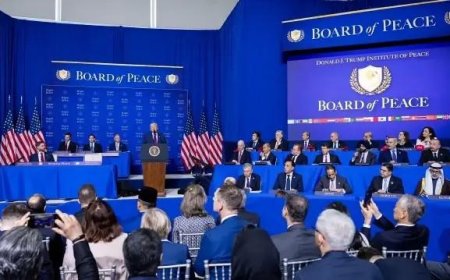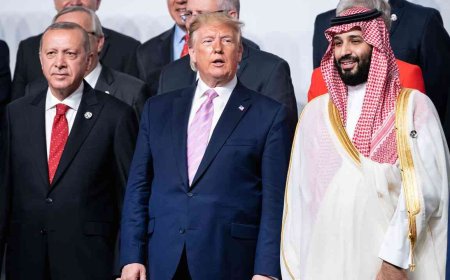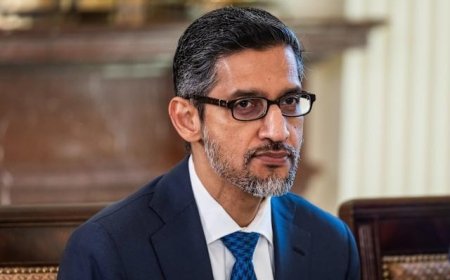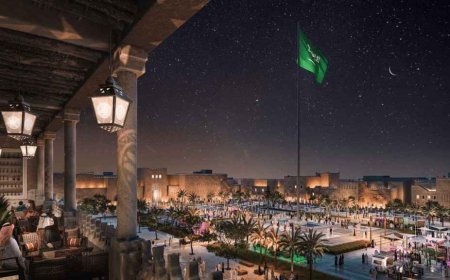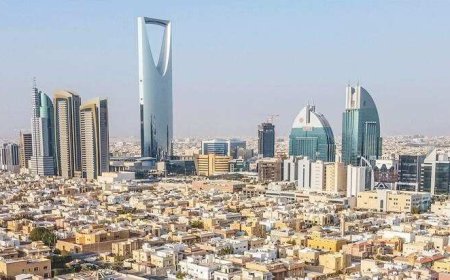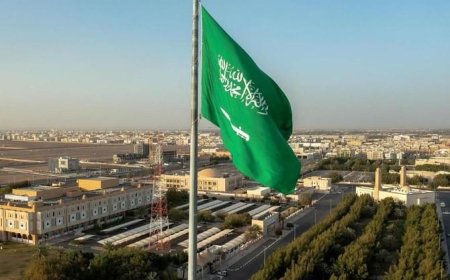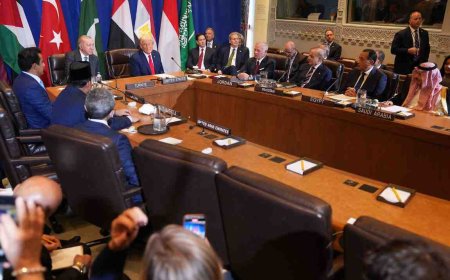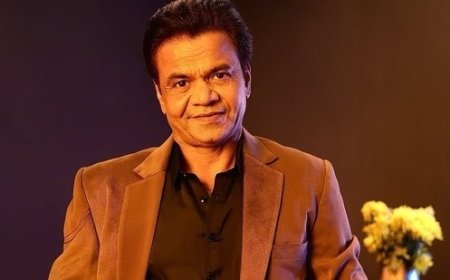FIBA Asia Cup 2025 Announced: Saudi Arabia Set to Host Prestigious Basketball Tournament in Jeddah
FIBA Asia Cup 2025 Announced: Saudi Arabia Set to Host Prestigious Basketball Tournament in Jeddah
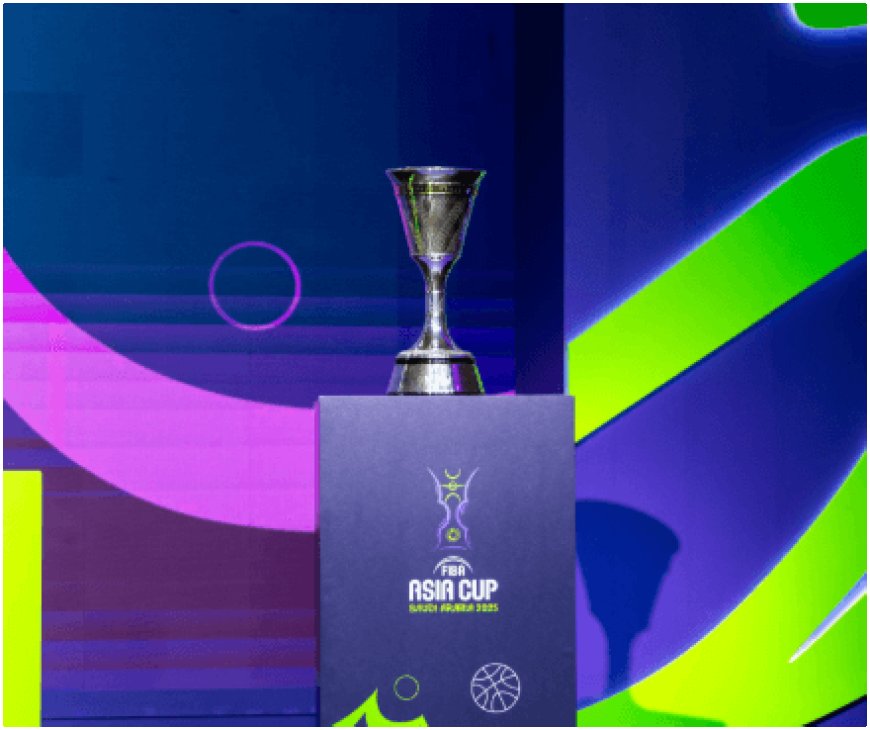
FIBA Asia Cup basketball tournament, a significant event that will take place in the vibrant city of Jeddah from August 5 to 17, 2025.
This will mark the second time the Kingdom has been selected to organize this prestigious continental championship, reflecting its growing ambition to establish itself as a key destination for international sports. The tournament is poised to bring together some of the best basketball teams from across Asia and Oceania, showcasing talent, competitiveness, and the spirit of the game on a grand stage.
The selection of Saudi Arabia as the host country is a milestone in the nation’s ongoing efforts to diversify its economy and expand its global presence through sports. Over the past several years, the Kingdom has made strategic investments to boost its sports infrastructure, attract international events, and develop local talent.
This aligns closely with Saudi Arabia’s Vision 2030 for FIBA , a comprehensive plan to reduce dependence on oil revenues and enhance the quality of life for its citizens by promoting cultural, social, and sporting activities. Hosting the FIBA Asia Cup is one of the many high-profile events that symbolize the country’s commitment to these goals.
The 2025 FIBA Asia Cup will feature 16 national teams from Asia and Oceania, divided into four competitive groups. The groupings are as follows: Group A will include Qatar, Australia, Korea, and Lebanon; Group B will see Guam, Japan, Syria, and Iran competing; Group C consists of China, Jordan, India, and the host nation Saudi Arabia; and Group D comprises Chinese Taipei, New Zealand, Iraq, and the Philippines. This distribution ensures for FIBA a diverse range of basketball styles and a dynamic competition that will captivate fans across the region.
Each group will participate in a round-robin format, where every team faces each other once. The FIBA team that finishes at the top of each group will automatically secure a place in the quarter-finals, while the second and third-placed teams will enter a qualification round to battle for the remaining quarter-final slots.
This format guarantees intense competition throughout the group stage, maintaining excitement and high stakes for all participating teams. The knockout stage that follows will determine the ultimate champion, culminating in a thrilling final match that promises to be a highlight of the basketball calendar.
Australia will enter the tournament as the defending champions, having secured the title in the previous edition held in 2022. The Australian team is known for its athleticism, strategic gameplay, and depth of talent, making them a formidable opponent for any contender. They will undoubtedly aim to continue their dominance and solidify their reputation as the premier basketball nation in the region.
Meanwhile, China will be a strong challenger, boasting the most Asia Cup titles historically and a rich basketball tradition. Their experience and skill level have consistently made them a favorite to win, and they will be keen to reclaim the championship trophy. Lebanon, which reached the final in 2022, is also expected to be a competitive force, bringing resilience and passion to the court.
Beyond the competition itself, the FIBA Asia Cup will serve as a platform for cultural exchange and regional cooperation. Fans, officials, and players from different countries will converge in Jeddah, fostering mutual understanding and camaraderie. Saudi Arabia, with its rich history and hospitable culture, will provide a welcoming environment for visitors, showcasing its heritage alongside modern advancements.
The event will be held at world-class venues equipped to meet international standards for basketball and fan experience. Saudi sports authorities, in partnership with the Saudi Basketball Federation, have been working diligently to ensure all aspects of the tournament — from logistics and accommodation to security and entertainment — are meticulously planned. The goal is not only to host a successful sports event but also to leave a lasting positive impression on all participants and spectators.
What's Your Reaction?









